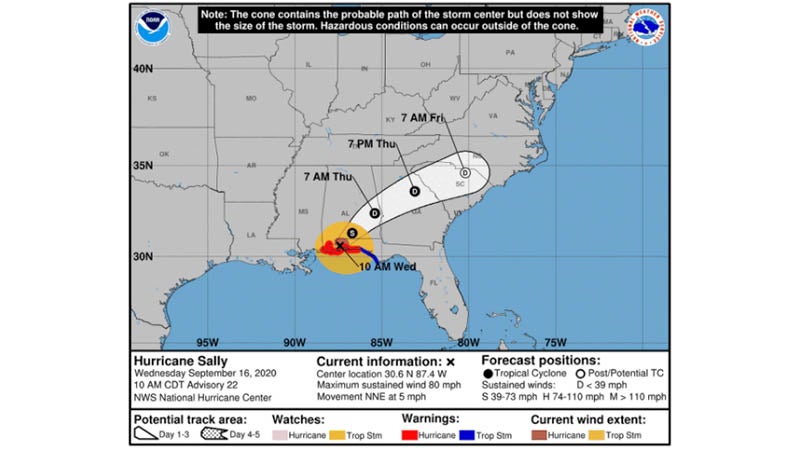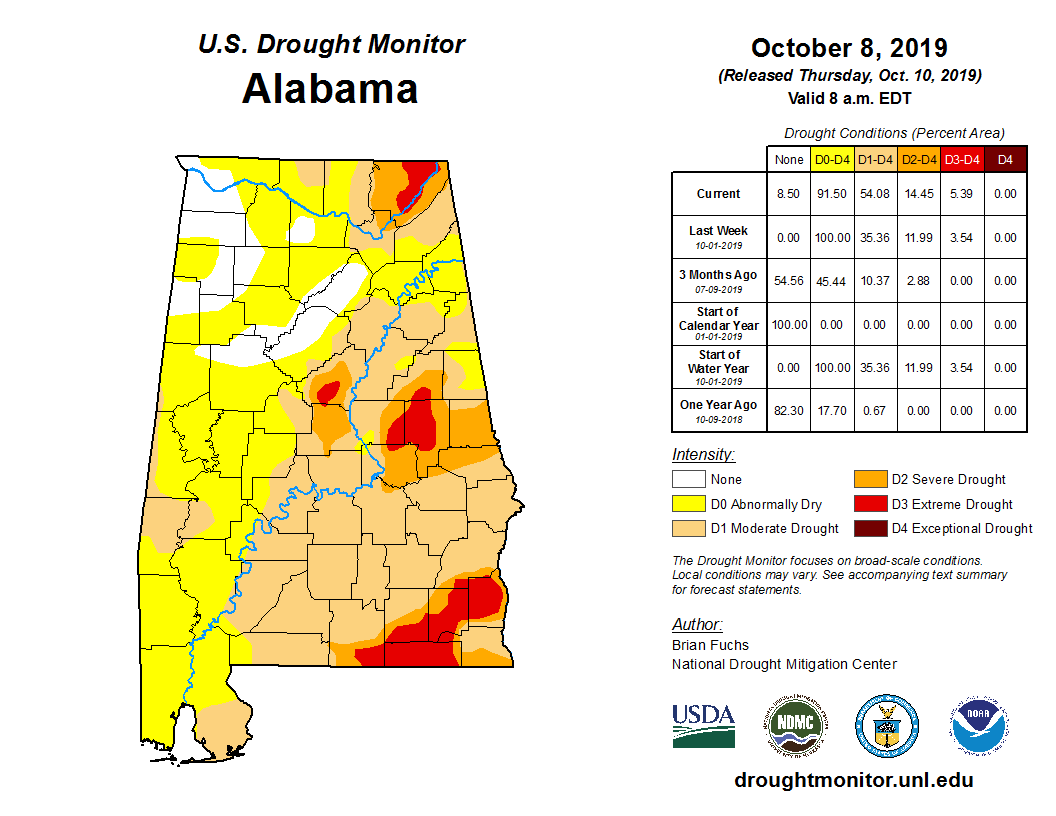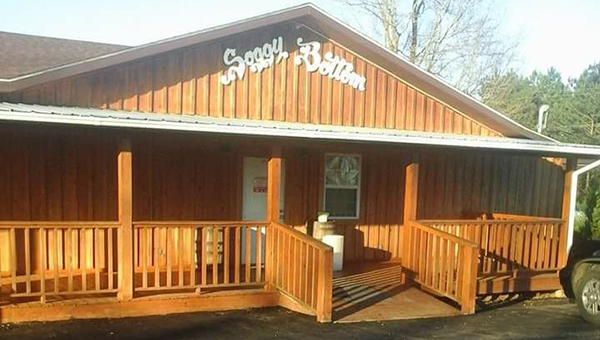Some residents see tag cost increase
Published 12:01 am Friday, February 18, 2011
Local residents may find that they are paying a little extra when they renew their automobile tags this year.
Statewide, residents are seeing the increase on a more rampant basis than on the local level.
Probate Judge Ben Bowden said the department is beginning to see a little bit of the problem.
“We’ve had just a few questions of someone saying, ‘Hey this seems higher than last year,’” he said. “We have sold a lot of tags, but I can’t say it’s been widespread.”
Bowden said the most important thing for locals to remember is that the Probate office doesn’t set the values.
Tag prices are calculated based on the assessed value of the vehicle plus a vehicle fee, which is determined by they size of the vehicle and other fees.
“We get (the values) from the Department of Revenue,” he said. “They get their values from one of their vendors, Red Book, who says the prices of used cars has increased.
“It’s like real property – like a home,” he said. “If your property has recently been assessed, you may pay more.”
Bowden said he personally saw a $500 increase over last year on his own personal vehicle in assessed value.
Bill Bass, director of the state property tax division, said the reason for the apparent hike can be attributed to the automotive industry’s economic woes over the past few years and its recent comeback.
“We have had a lot of what I’ll call an anomaly,” he said. “The automobile market was hurting in 2008-2009 and the federal government had to step in and pump money to stimulate the sales in automobiles.”
Bass said that while some may think their vehicle has depreciated because it is getting old, that’s not the case. While it is true that many vehicles do see a steady decline in value throughout their life cycles, market factors can cause unexpected pricing changes. That mean sometimes those factors can even be reflected as an increase from year to year.
Bass said stimulus programs such as “Cash for Clunkers” drove down the number of used cars being purchased, which in turn drove down the value of those cars.
Still, while 2009 was an optimal year to purchase a new car, the increased number of new vehicles sold has increased the value of new vehicles.
“Since 2009 and mid-to-late 2010, if you look at brands such as Hyundai who has had its best year and even General Motors turned a profit,” he said. “Basically, until the last month or two, gas prices were somewhat stable at the mid-$2 range, and people began going back to the SUVs and pickup trucks.
“So when we got our newer values, it reflected these increases in small cars and a renewed demand for SUVs and trucks,” Bass said. “(Taxpayers) are seeing a price over last year’s taxes.”
Bass explained that the state uses the Red Book values and then reduces the amount by 11 percent.
“Then, we take that information to all the counties,” he said. “The values we use are as of Oct. 1 of each year, meaning since my last name is Bass, and I renew my tag in February, my property tax are based on Oct. 1, 2010, values.”
Bowden said that those who do not agree have the opportunity to appeal to the board of equalization.
“They must write the board to challenge, he said. “They still have to pay the tax and if the board accepts the challenge, they will receive a refund.”
Bowden said that they have 10 days to file the appeal.
Anyone who may have questions, may call 428-2510.




